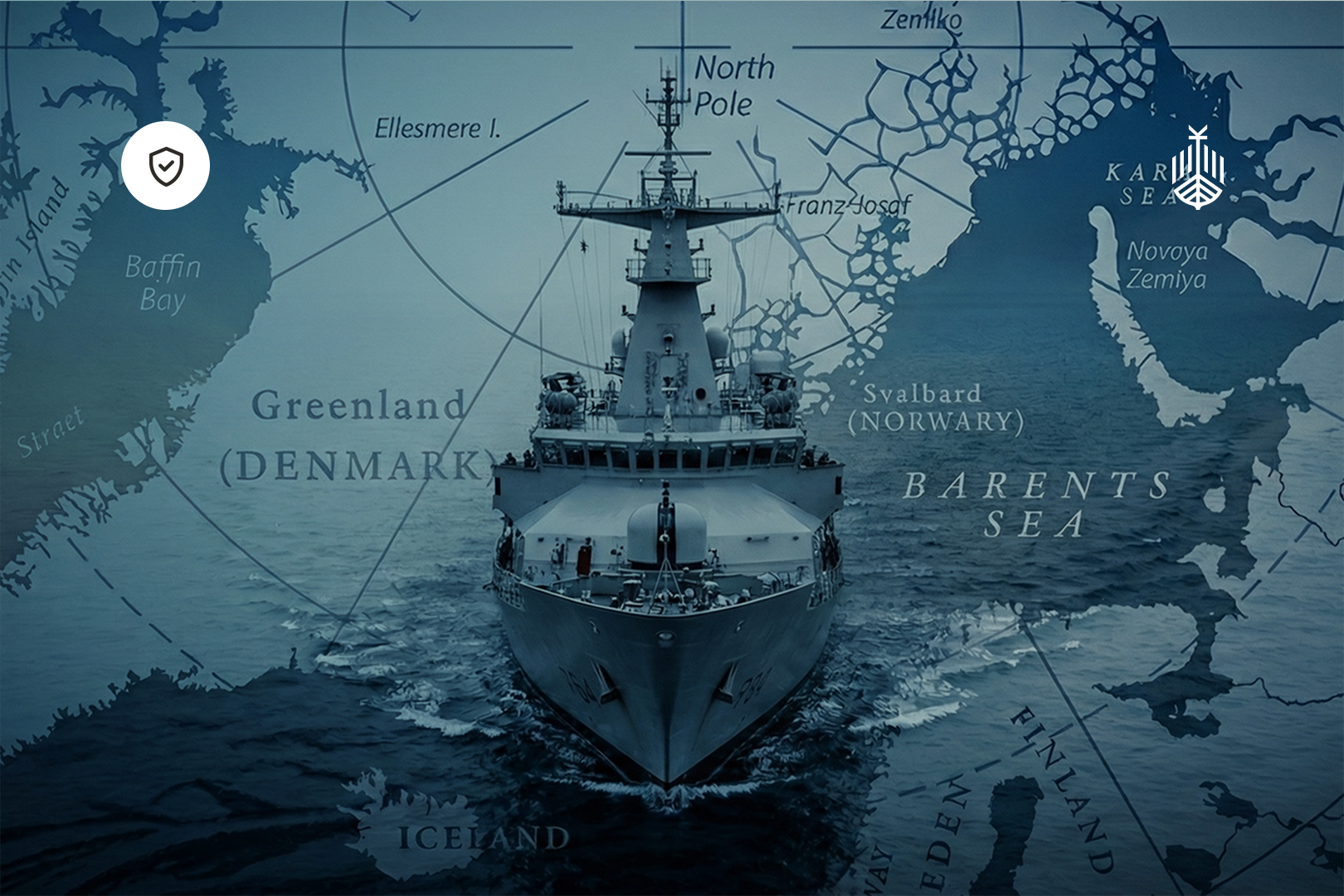"Climate change is a defining threat to our times. It has wide-ranging implications for our security, so it matters for NATO."
NATO Secretary General Jens Stoltenberg, speaking at a NATO Public Forum on 28 June 20221
As discussed in the first article in this series, titled The Critical Impacts of Climate Change on The Defence Sector, climate change is one of the most pressing global challenges of our time, with consequences that could expand to impact global militaries, defence, and military infrastructure. As the world experiences rising temperatures, shifting weather patterns, and rising sea levels, the defence sector must adapt and implement strategies to ensure resilience and preparedness in the face of these environmental challenges.
Climate change has long-term implications. Effective management of climate change requires forward-thinking, planning, and preparation for the future. By integrating climate considerations into strategic planning, militaries can better position themselves for the challenges of tomorrow.
Methods to manage the impacts of climate change
Militaries should manage climate change for several compelling reasons, primarily related to national security, operational effectiveness, and global stability. Addressing climate change is not only essential for the well-being of societies and the environment but also critical for ensuring that armed forces can fulfil their missions and contribute to global security.
To mitigate these risks and ensure the continued effectiveness of defence and military infrastructure, a range of strategies and technologies are being implemented:
Climate Risk Assessment
The first step in building resilience is to understand vulnerabilities. Defence organizations conduct comprehensive climate risk assessments to identify installations and areas at high risk from climate-related impacts. This involves evaluating factors such as projected sea-level rise, changing precipitation patterns, and increased frequency of extreme weather events.
Adaptation & Reinforcement
To properly cope with climate-related dangers, the military must be able to future-proof its installations to defend themselves against twenty-first-century threats, specifically by capitalizing on the use of smart technologies. Armed with the insights from risk assessments, military organizations develop plans to adapt and reinforce existing infrastructure. This includes strategies such as elevating structures in flood-prone areas, building robust flood barriers, and enhancing drainage systems to reduce the risk of damage from heavy rainfall.
Renewable Energy Adoption
A critical aspect of resilience is energy security. Military bases are embracing renewable energy sources, such as solar and wind power, to decrease reliance on fossil fuels. This not only reduces the carbon footprint of defence operations but also enhances energy resilience, ensuring continued operations during disruptions in fuel supply chains. In 2009 for example, the US Navy it launched the Great Green Fleet2, an effort that sought to transition the Navy to partially run on biofuels.
Reducing Greenhouse Gas Emissions
The US and UK DoD aim to reduce their greenhouse gas emissions and has set specific targets to achieve these reductions34. This includes goals for energy consumption reduction, increased use of renewable energy, and sustainable practices across military operations.
Disaster Response & Humanitarian Assistance
The evolving role of the UK MoD in disaster response and humanitarian assistance reflects a growing recognition of the military's capabilities in addressing global challenges, including natural disasters and humanitarian crises. While civilian agencies remain primary responders, the MOD's role has expanded over time due to its resources, logistical capabilities, and expertise in crisis management. By bolstering their disaster response capabilities, armed forces can provide aid to affected civilian populations, minimize the impact of climate-related disasters, and contribute to regional stability.
Innovation and Sustainable Practices
Research and development of innovative technologies are vital to climate resilience. This includes designing more energy-efficient military equipment, advanced climate modelling for strategic planning, and sustainable practices within military operations, such as waste reduction and eco-friendly training procedures.
International Collaboration
Recognizing that climate change is a global challenge, defence and military organizations engage in international cooperation. Sharing best practices, data, and solutions with other nations fosters a collective approach to addressing the security risks posed by climate change. This collaboration can lead to more effective strategies and shared resources for resilience and preparedness.
Public Awareness
Raise awareness among military personnel and the public about the security implications of climate change.
Education & Training
Raising awareness about the impacts of climate change and its implications for defence is essential. Incorporating climate considerations into military training and education ensures that personnel are prepared to navigate the environmental challenges of the future, making informed decisions that contribute to overall resilience.
Research & Innovation
Invest in research and development of innovative technologies, such as climate modelling, energy-efficient equipment, and sustainable practices. Stay at the forefront of scientific advancements to adapt to the evolving challenges of climate change.
Regular Review & Adaptation
Continuously review climate risk management strategies and adapt them as needed based on new information, changing climate patterns, and emerging technologies. Stay flexible and proactive in addressing evolving climate risks.
Integrated Climate Considerations
Integrate climate considerations into defence planning, decision-making, and operations. Incorporate climate risk assessment results into strategic and tactical planning to ensure that climate impacts are factored into military activities.
Conclusion
Climate change poses significant risks to defence and military infrastructure, threatening the readiness and effectiveness of armed forces worldwide. By adopting strategies that focus on resilience, preparedness, and sustainability, defence organisations can adapt to the changing climate while maintaining their critical role in safeguarding national security. The combination of climate risk assessments, infrastructure adaptation, renewable energy adoption, disaster response capabilities, innovation, international collaboration, and education lays the foundation for a more resilient defence sector in a changing world.
In summary, managing climate change is essential for ensuring national security, operational readiness, humanitarian response, resource security, global stability, and long-term strategic planning. By recognizing the security implications of climate change and taking proactive measures to address them, militaries can fulfil their crucial role in safeguarding nations and contributing to a stable and secure world.
As the impacts of climate change continue to evolve, the proactive efforts of the defence sector are essential not only for its own operational effectiveness but also for the overall security and stability of nations.
Sources:
Featured image: Copyright 2017 The Associated Press













